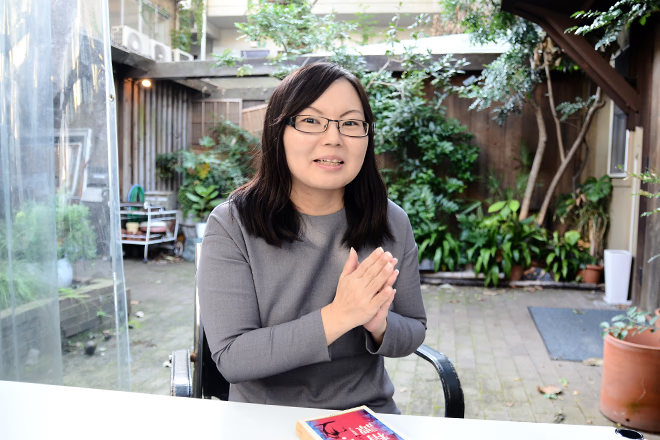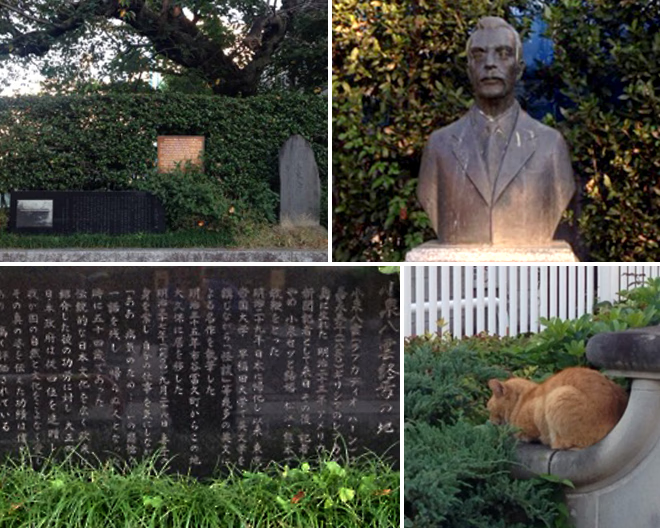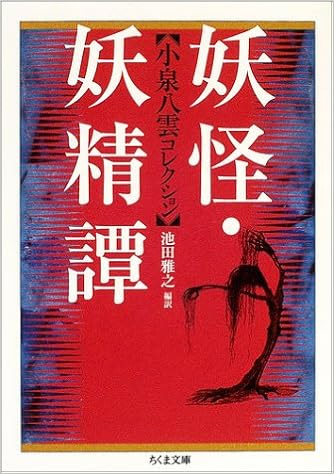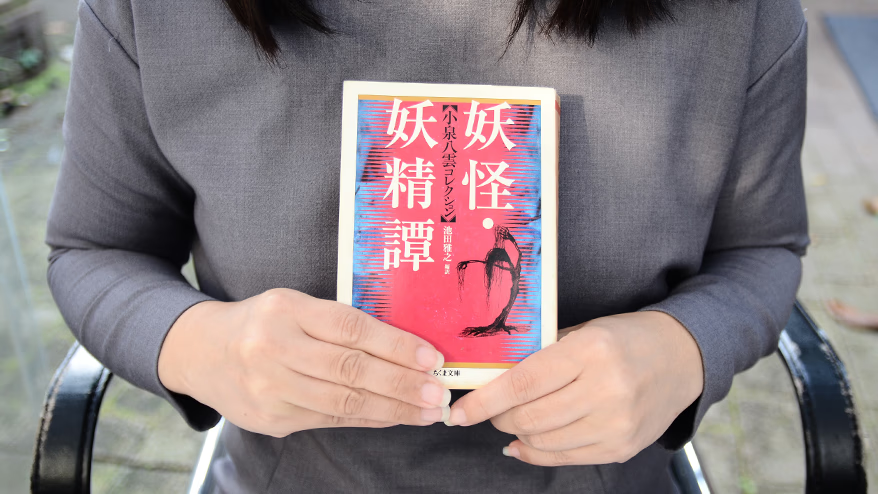Have you ever heard a joke like this?
The happiest man in the world is
A man earning an American salary, employing a Chinese cook, living in an English house, and having a Japanese wife.
The unhappiest man in the world
A man with a Chinese salary, an English cook, a Japanese house and an American wife.
<English Translation>
Heaven is
an American salary,
a Chinese Cook,
a British Home,
and a Japanese wife.
Hell is
A Chinese salary,
a British Cook,
a Japanese House,
and an American Wife.
A teacher in middle school taught me this very famous joke.
This happened more than 20 years ago.
Times have changed now, so this saying no longer holds true, but I remember finding this expression convincing at the time, as it seemed to come from the nature of Japanese women who tended to conform to their surroundings rather than assert themselves.
There are many jokes in the world that poke fun at the Japanese tendency to be concerned about what others think of them.
After laughing for a while, I began to wonder why Japanese people behave in such a way.
And then I realized that even though I am Japanese, I know absolutely nothing about Japan.
The reason I picked up Lafcadio Hearn's novels was because I wanted to learn about the things about Japan that I still don't understand, even though I have lived in Japan all my life.

Koizumi Yakumo (Lafcadio Hearn) was an Englishman who was fascinated by Japan. He compiled Japanese folklore at the turn of the 19th century into the 20th century.
Even if you have never heard of Lafcadio Hearn, you are probably familiar with his representative works "The Snow Woman," "The Faceless Man," and "Hoichi the Earless."
When you open the pages, you will find no stuffy individuality or suffocating self-realization.
The characters are people who fear and respect nature, and who live as part of nature themselves.
In today's Japan, we are accustomed to a convenient lifestyle and have come to expect things to go exactly the way we want them, so I am often frustrated by the fact that there are only a few convenience stores near my office.
However, this is still unnatural. I think that we are in an environment where we make mistakes without realizing it, and even more so, we don't even realize that we are making mistakes.
As the joke at the beginning of this article says, I feel that Lafcadio Hearn idealized the Japanese people too much, but I am simply moved by the image of the Japanese people of the past, who appear in his stories, resolutely accepting whatever happened.
If you reread fairy tales as an adult, you may discover something new.
Lafcadio Hearn spent his later years in Tokyo

While writing this article, I discovered that Lafcadio Hearn lived in Okubo in his later years.
Apparently the site of the former house has been turned into a park (Koizumi Yakumo Memorial Park), and since I happened to be planning to go to Okubo, I decided to stop by.
Okubo is famous for its Korea Town, and even on a weekday afternoon, the main street was so crowded with young women that the sidewalks were almost impossible to walk on. Leaving the tourist-filled tourist sites behind and down a small path, we found the Lafcadio Hearn Memorial Park. Inside the park, there are monuments and flower beds that evoke Koizumi Yakumo's birthplace of Greece, as well as a bust of Yakumo that was a gift from the Greek government. I don't know what Okubo was like when Yakumo was alive, but I felt a sense of relief, as if I had found something that remained the same even in the midst of the rapidly changing scenery. Near the park, there was a monument marking the place where Koizumi Yakumo died.

Lafcadio Hearn (author) / Masayuki Ikeda (translator) "Tales of Monsters and Fairies: The Koizumi Yakumo Collection" Chikuma Shobo (August 10, 2004) (Amazon) ( Amazon )
Koizumi Yakumo (1850-1904) was a Greek-born Englishman and author. His real name was Lafcadio Hearn.
He came to Japan in 1890 (Meiji 23). He married Setsuko Koizumi, a Matsue native. He later became a naturalized citizen. While teaching at Matsue Junior High School, Fifth Senior High School, and Tokyo University, he compiled and introduced Japanese studies to the world. His works include the critiques "From the East Country," "Heart," and "Divine Country Japan," as well as the novel "Kaidan." Source: Sanseido Daijirin

